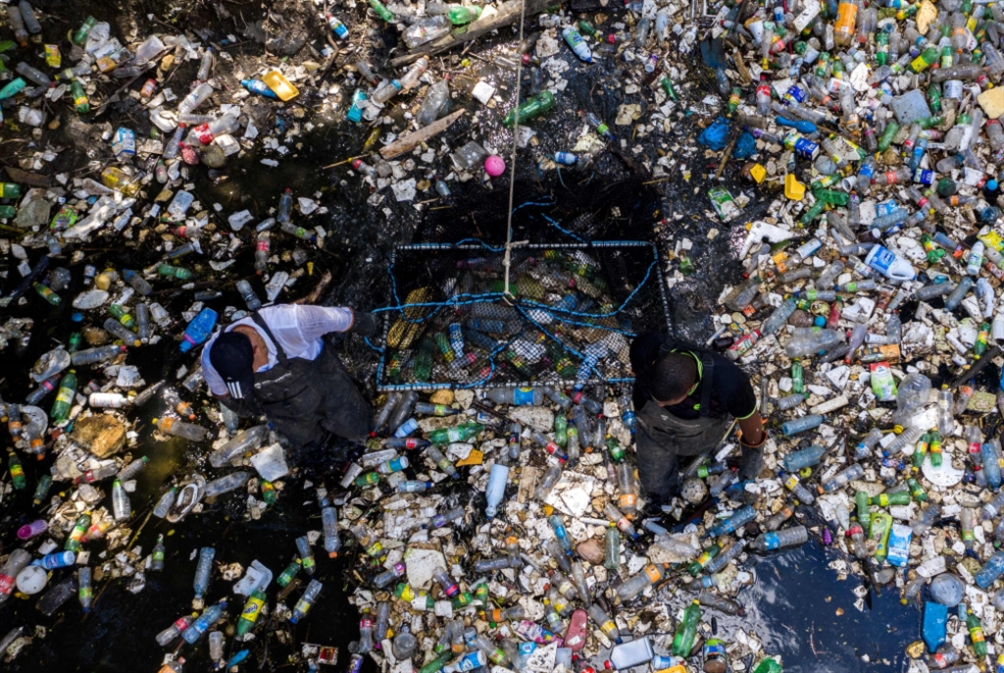Production of 460 million tonnes in 2019 generated 353 million tonnes of waste worldwide, according to the organization’s Global Plastics Outlook. However, only 9% of the plastic waste was eventually recycled, 19% was burned, and nearly 50% went to controlled landfills. According to the report, the remaining 22 percent were dumped in random landfills, burned in the open air or dumped in the wild.
As a result of the Covid-19 pandemic, there was a slight decrease of 2.2 percent in 2020, in contrast to the increase in single-use plastic consumption. Global plastic consumption is expected to rise again due to the economic recovery.
According to the report, in addition to pollution caused by plastic waste, the latter accounted for 3.4% of global greenhouse gas emissions in 2019 due to the fact that their production is 90% dependent on fossil fuels. Scientists believe that these gases are responsible for accelerating climate warming.
Paris -based experts have suggested several measures, including establishing markets for recycled plastic, which are still limited to 6 percent of the total cost of materials used, and the most important reason for this is that cost, which is usually higher than the cost of primary production. Experts also called for the strengthening of “extended producer responsibility” sectors in waste management or lowering usage limits.
They also recommend developing innovations “to make the life cycle of plastics more closed”, emphasizing that “only 1.2 percent of plastic-related innovations benefit the environment.”
But they stressed that public policy should also aim to “simultaneously curb global plastic consumption.”
The OECD report was published less than a week before the opening of the UN conference on the environment, to be held on 28 February in Nairobi. This conference is expected to formally begin negotiations on future plastics agreements, the exact scope of which is still being discussed.
